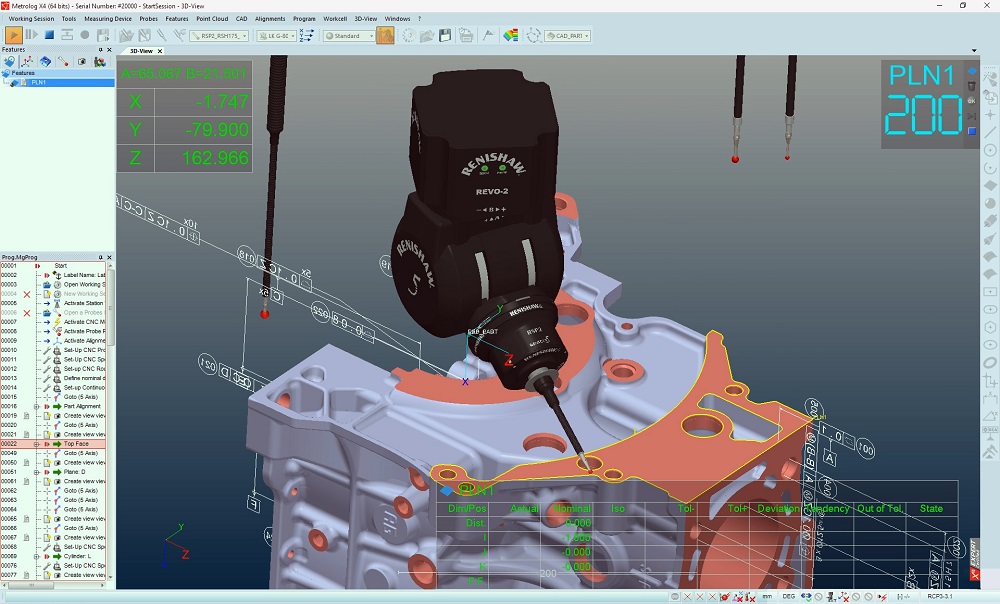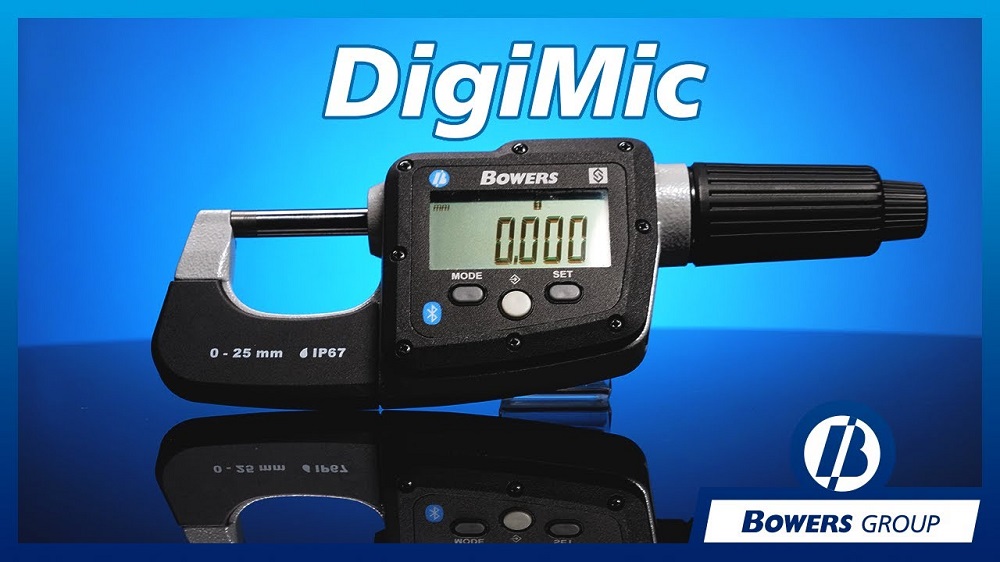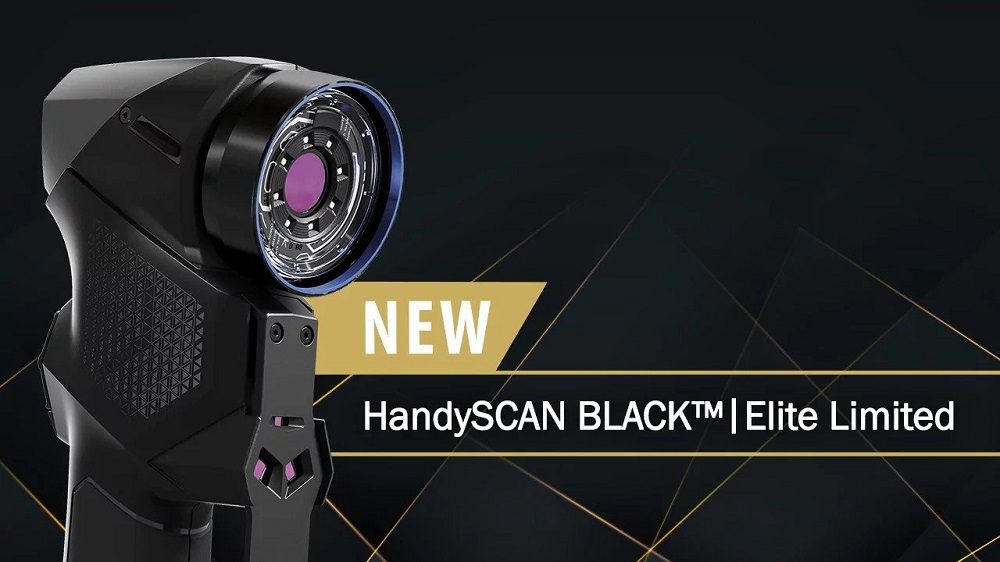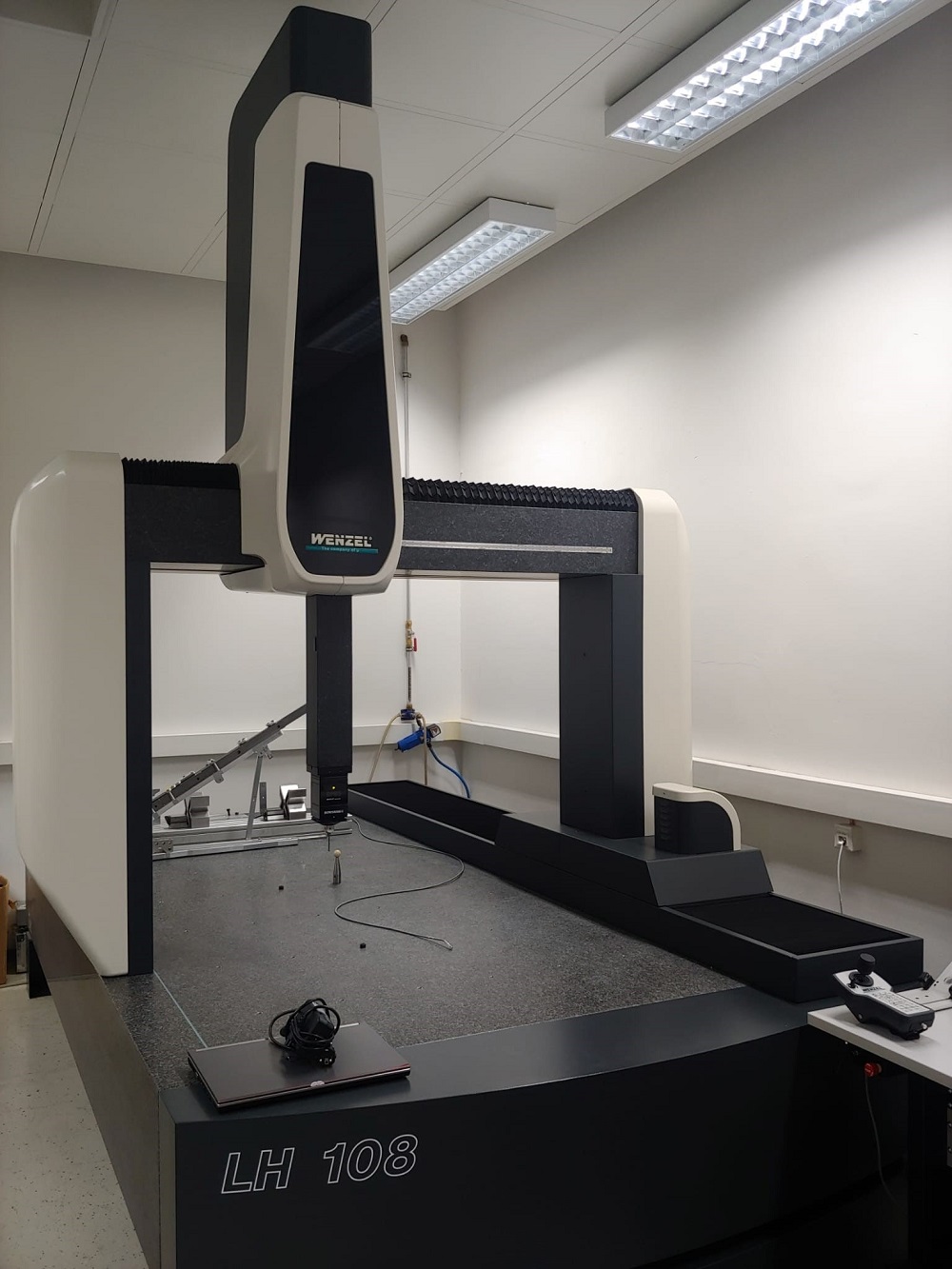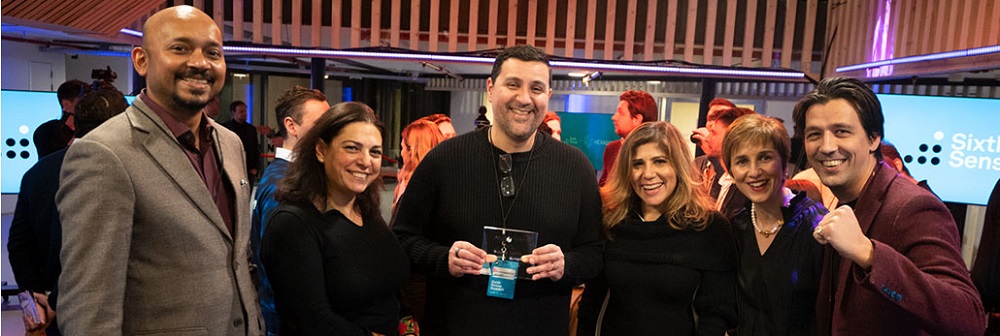Some 20 years after their first agreement, Renishaw and Metrologic Group have strengthened their collaboration by signing a new strategic agreement to meet new challenges faced by the manufacturing industry. Customers will benefit from Renishaw’s Revofive-axis CMM scanning systems, PH20 five-axis touch-trigger systems and the Equator shop-floor gauging system, powered by Metrologic’s X4 software platform. This will provide full integration of metrology solutions with the X4 software platform.
Covering the entire manufacturing chain and bringing its expertise to five-axis technology applications and the Equator gauging system, Metrologic Group is introducing new developments to its universal software platform that will power Renishaw’s products with an easy-to-use, intuitive and ergonomic solution.
This win-win association allows the enduser to bring 3D measurement close to the production line with the combination of Metrolog X4 and Renishaw’s Equator system. Also, thanks to five-axis technology combined with the ease of programming of Metrologic Group software, manufacturers can increase their CMM productivity, improve part quality and reduce scrap.
Says Laurent Monge, president of Metrologic Group: “We are committed to working with our customers to improve their productivity and bring 3D metrology closer to the manufacturing line. As such, I am convinced that combining Renishaw five-axis technologies together with the Metrologic Group software solution represents a key step in that journey.”
Victor Escobar, president of Renishaw SAS, adds: “The integration of Renishaw’s measurement technologies with Metrolog X4 will allow both existing and new users of Metrolog software to reap the benefits of accurate, high-speed, multi-sensor CMM measurement and fast flexible shop-floor gauging. This combination of technologies from Metrologic and Renishaw will enable significantly faster, value-added measurement for both process control at the point of manufacture and conventional quality assurance activities.”
For further informationwww.renishaw.com






